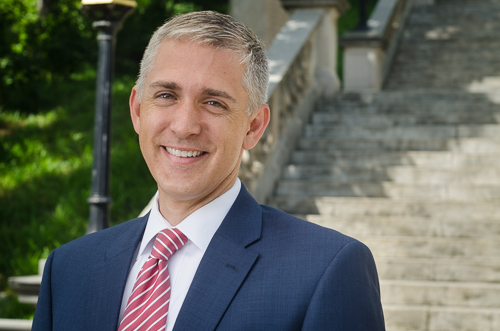Some confusion surrounds what persons, or beneficiaries, are entitled to damages under the Virginia wrongful death statutes (Code of Virginia § 8.01-50, et seq.). Beneficiaries are commonly referred to as “statutory beneficiaries.” Lay persons and attorneys alike frequently believe that the order of distribution follows the course of descents under the laws of intestate succession. However, the hierarchy differs, even at the highest level of distribution.
For instance, in a wrongful death action, the first class of beneficiaries is “the surviving spouse, children of the deceased and children of any deceased child of the deceased.” Code of Virginia § 8.01-53. By comparison, for intestate succession, the surviving spouse inherits all of the property, unless the decedent had children from a prior relationship. Code of Virginia § 64.2-200. When children existed from a prior relationship, the surviving spouse inherits 1/3 of the estate while the children and their descendants inherit 2/3 of the estate. This comparison simply shows that similar familial relationships are not treated similarly under intestate succession and wrongful death distribution. Only in the unlikely event that all potential classes of beneficiaries are exhausted under the wrongful death statutes, then the class of beneficiaries reverts to the intestate succession course of descents.
The statutory beneficiaries are as follows:
- the surviving spouse, children of the deceased and children of any deceased children of the deceased;
- if there be none such, then to the parents, brothers and sisters of the deceased, and to any other relative who is primarily dependent on the decedent for support or services and is also a member of the same household as the decedent;
- if the decedent has left both surviving spouse and parent or parents, but no child or grandchild, the award shall be distributed to the surviving spouse and such parent or parents;
- if there are survivors under clause (i) or clause (iii), the award shall be distributed to those beneficiaries and to any other relative who is primarily dependent on the decedent for support or services and is also a member of the same household as the decedent; or
- if no survivors exist under clause (i), (ii), (iii), or (iv), the award shall be distributed in the course of descents as provided for in §2-200.
Quite frequently, more than one person qualifies under a class. For instance, a young mother dies in a vehicle accident, leaving a husband and two children. The husband and children would all qualify under the first class.
Other general rules affect the identification of beneficiaries, which are always helpful when deciding to accept a case. One such rule is that a lower class of beneficiaries is not entitled to damages, unless no person qualifies under a higher tiered class. Another rule is that the class and beneficiaries are determined and fixed when either the verdict is entered if the jury makes the specification or, if done by the court, when the judgment is rendered specifying the distribution. Code of Virginia §8.01-53(B). Also, a beneficiary may wish to renounce an interest in any wrongful death action. Code of Virginia §8.01-53(C).

